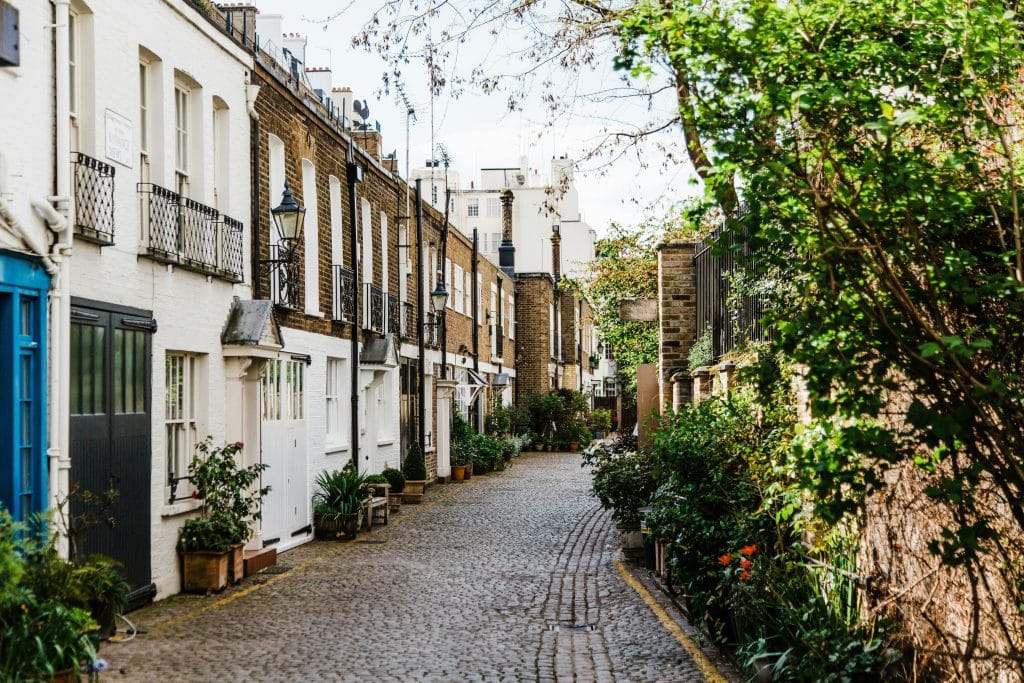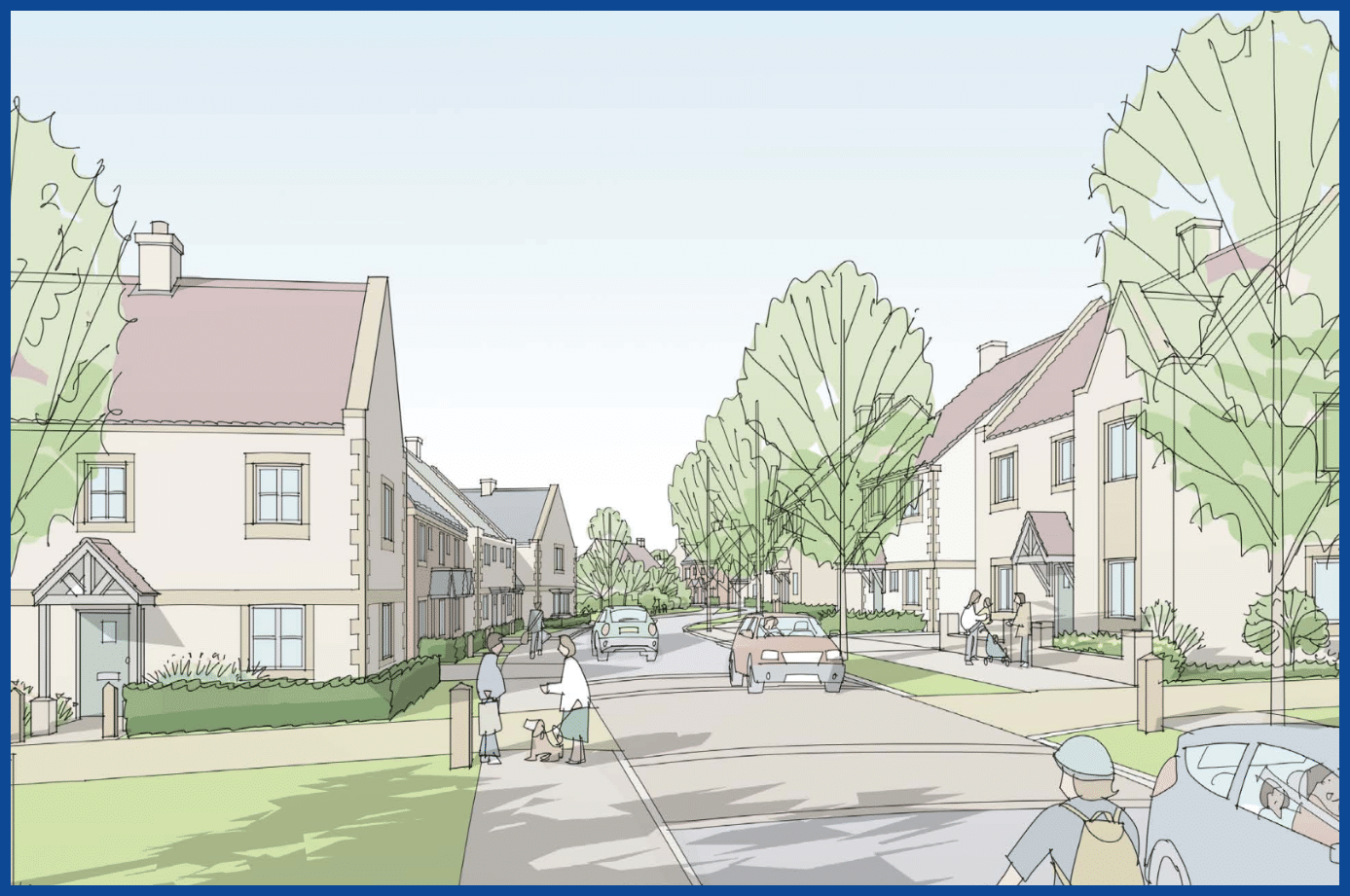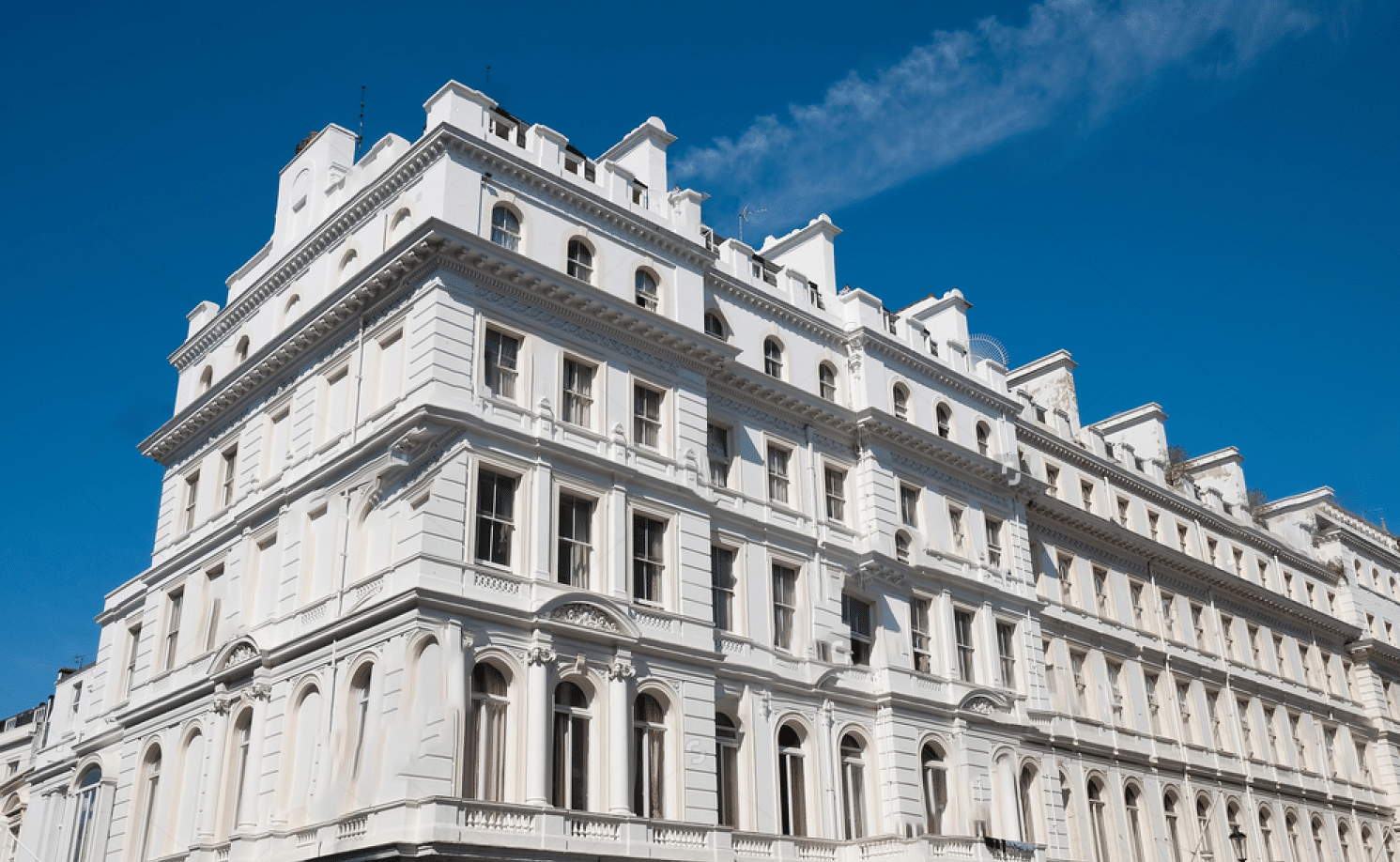Planning Success for Garage Conversion at a Mews Property in RBKC Conservation Area
Overview
We are delighted that following our involvement, planning permission has been secured for a garage conversion to enlarge the habitable living space of a mews house in the Royal Borough of Kensington and Chelsea (RBKC), despite a historic refusal on site for a similar scheme. The result of our recent planning approval will be the creation of a more spacious family home in a central and sustainable location, whilst also future proofing the building through important renovation works.
When a second opinion counts in planning
Our team was initially approached to assist following a planning refusal by RBKC for a similar scheme. The key concerns raised by the Local Planning Authority (LPA) related to:
- The impact of the proposed design on the conservation area;
- Loss of car parking through the garage conversion and the subsequent additional on-street parking pressures.
As the property was centrally located in London, existing data advised us that surrounding streets were already heavily subscribed with parking permits and therefore could not afford the additional pressures. Furthermore, whilst garage conversions can, in some instances, be undertaken without the need for planning permission, a historic planning condition on the Mews property prevented the occupiers from benefiting from this opportunity.
Following a detailed review of the project, the previous refusal, the site’s context, and the relevant policies in the new Local Plan, we felt that there would be merit in revisiting the scheme and prepared a planning strategy for moving the project forward.
Turning a planning refusal into an approval – collaboration is key
Given the sensitive nature of the site, we worked closely with the team at Haine & Co Architects, to ensure that the revised design responded to the concerns raised in the previous planning refusal. The updated design sought to create a development which would be architecturally sympathetic to the age and character of the host building- reinforcing the original integrity of the site and its environs which was praised in the Officer’s Report. Furthermore, the additional space at the property would allow for a more comfortable living space and would make best use of the existing footprint.
Regarding the parking issues, we prepared and presented a case to the LPA that a Section 106 legal agreement could be used to make the development “car-free”, given the site’s highly sustainable location. This would assuage concerns over additional pressures to on-street parking in the vicinity.
Following submission of the application, we liaised regularly with the case officer, ensuring they had everything they needed to make a timely determination. Upon completion of the legal agreement, the Council acknowledged that the previous reasons for refusal had been overcome and that Planning Permission could now be granted.
The importance of a strategic planning approach
The above case is a useful reminder that a planning refusal does not necessarily mean that your development aspirations must come to a halt. Indeed, a refusal can help your proposals evolve, especially when combined with a strategic planning approach.
If you have recently had a planning refusal and would like a member of our team to review your case and explore whether there is a way forward to secure planning approval for your project, then please contact us through either our “Arrange a Call” tab on our contact page or via the email and telephone number provided below:
Chris Moore – Director
T: 01242895008
E: chris.moore@mplanning.co.uk





